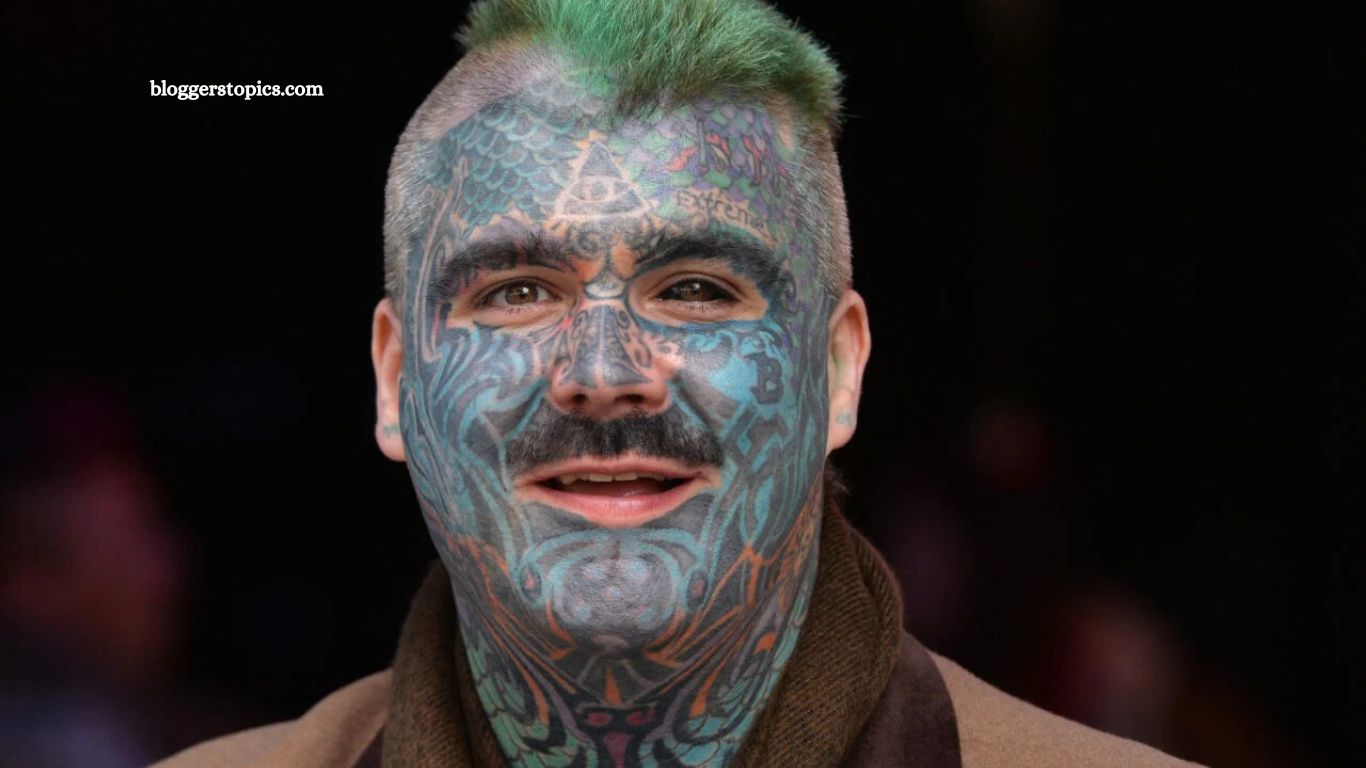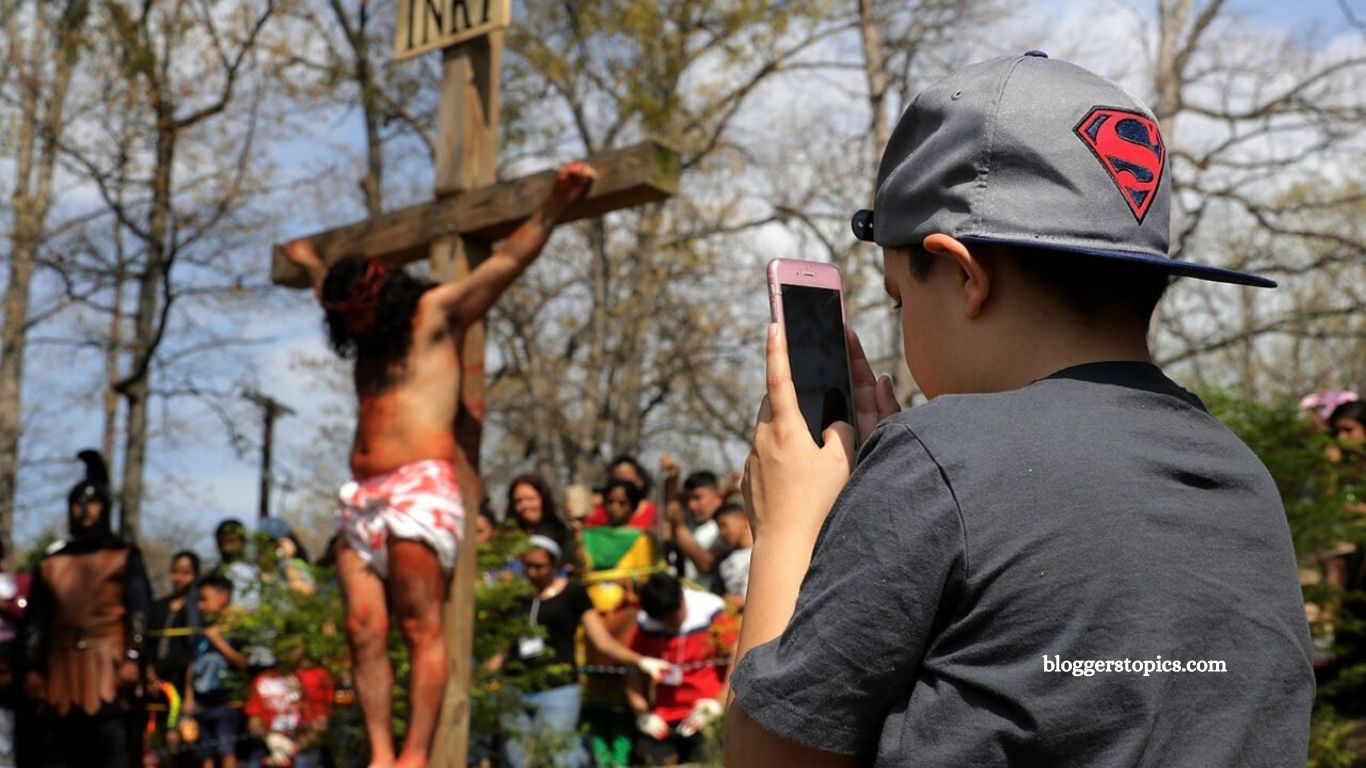The United Kingdom recently introduced an age verification law requiring websites that host adult content to confirm users are of legal age before granting access. While aimed at protecting minors, the law has created unexpected challenges for some users—most notably Britain’s most tattooed man, who struggles to pass the verification process due to his extensive facial tattoos. The technology, which often relies on facial recognition via selfies, fails to recognize him and mistakes his tattoos for a mask or disguise.
This issue highlights broader limitations and biases in current facial recognition systems, which can misidentify people with unique features or from certain demographics. Beyond these technical hurdles, the law’s rollout has raised concerns about privacy, censorship, and the blocking of legitimate non-adult content, sparking debate about its effectiveness and fairness.
Read More: Understanding the Role of RWU UAR in Education
The Challenge of Facial Recognition and Tattoos
Known as King Of Ink Land King Body Art The Extreme Ink-Ite, this man has 90% of his body, including his face, covered in tattoos. He revealed to Metro that many platforms requiring selfie-based age verification have struggled to recognize him due to his extensive facial tattoos.
He explained, “It’s saying ‘remove your mask’ because the technology is made so you can’t hold up a picture to the camera or wear a mask. It’s not like you can do the old John Travolta in Face/Off and change it when you want to. It’s my skin, my permanent identity.”
While the Face/Off reference may be a bit off—the film features an experimental face transplant, not an instant face swap—King Of Ink accurately highlights a significant limitation of current facial recognition systems: they are not designed to accommodate extreme facial modifications like tattoos.
Biases and Limitations in Facial Recognition Technology
The difficulties King Of Ink faces are part of a broader issue with facial recognition systems. Research has shown that these technologies often perform unevenly across different demographics. For example, a landmark MIT study revealed that error rates for facial recognition were as low as 0.8% for light-skinned men but jumped to 34.7% for darker-skinned women.
Moreover, automated systems tend to amplify human biases, including inaccurate age estimation, which can lead to wrongful denials of access or misidentification. This suggests that even users without tattoos may encounter problems with age-verification systems.
Wider Problems with the UK’s Age Verification Rollout
King Of Ink is not the only one affected by the UK’s new regulations. The rollout of the age-gating law has been widely criticized for its poor implementation and unintended consequences. Users have circumvented verification by using VPNs or creative methods such as utilizing “photo mode” in the video game Death Stranding to generate faces that pass age checks.
Furthermore, the impact extends beyond adult content. Reports indicate that age gates are also restricting access to non-adult content, including critical news coverage of events such as the Gaza conflict and political debates, raising concerns about overreach and censorship.
Frequently Asked Questions
What is the UK’s age verification law?
The law requires websites hosting adult content to verify users’ ages to prevent access by minors. This often involves submitting a selfie or other forms of photo verification.
Why can’t Britain’s most tattooed man access adult sites?
Because he has extensive facial tattoos, the facial recognition technology used for age verification struggles to recognize him, mistakenly thinking he is wearing a mask or that his identity cannot be confirmed.
Does facial recognition technology have limitations?
Yes. It often has difficulty recognizing faces with tattoos, scars, or other unique features. Studies have also shown higher error rates for people of color and challenges in accurately estimating age.
Are others affected by this law besides heavily tattooed individuals?
Yes. Many users find ways to bypass the verification using VPNs or other creative methods. Additionally, the law has unintentionally blocked access to non-adult content, including political and news coverage.
Is the facial recognition age verification process foolproof?
No. The technology is still evolving and currently has biases and limitations, meaning it can misidentify or fail to verify certain users accurately.
What are the broader concerns about the age verification law?
Aside from technological challenges, there are worries about privacy, overreach, censorship of legitimate content, and the effectiveness of the law in genuinely protecting minors.
Conclusion
While the UK’s intent to protect minors from adult content online is clear and commendable, the current implementation of age verification systems exposes significant flaws—especially in accommodating individuals with unique appearances or preventing unintended censorship. King Of Ink’s experience underscores the need for more sophisticated, inclusive technology and thoughtful policy design.







